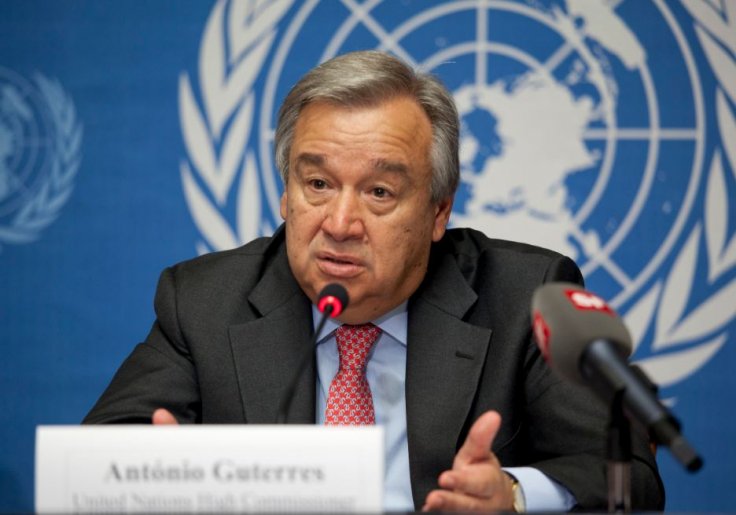The COVID-19 pandemic has created the largest disruption to education in history and prolonged school closures could further entrench inequalities in access to learning, UN chief Antonio Guterres said on Tuesday, underlining the need for "bold steps" to address the crisis.
Describing education as "the key to personal development and the future of societies," the secretary-general issued recommendations to resume classes in a policy brief launched alongside a new global campaign called "Save our Future", reports Xinhua news agency.
"As the world faces unsustainable levels of inequality, we need education -- the great equalizer -- more than ever," he said in a video message. "We must take bold steps now, to create inclusive, resilient, quality education systems fit for the future."
Success Depends on Living Conditions

The pandemic has affected more than 1 billion students worldwide. Despite efforts to continue learning during the crisis, including through lessons delivered by radio, television and online, many are still not being reached, according to UN estimates.
Guterres said that "learners with disabilities, members of minority or disadvantaged communities, as well as refugees and displaced persons, are among those at highest risk of being left behind". Even those students who can access distance learning also face challenges, as success depends on their living conditions and other factors such as fair distribution of domestic duties, Guterres cautioned.
A learning crisis existed even before the pandemic, the secretary-general said, as more than 250 million children were out of school. "Now we face a generational catastrophe that could waste untold human potential, undermine decades of progress, and exacerbate entrenched inequalities," Guterres said.
"The knock-on effects on child nutrition, child marriage and gender equality, among others, are deeply concerning." The policy brief called for action in key areas, starting with the reopening of schools once local transmission of COVID-19 is under control.
'Generational Opportunity'
The UN chief also called for greater investment in education, as low- and middle-income countries had already faced an annual funding gap of $1.5 trillion in schooling prior to the pandemic, saying "education budgets need to be protected and increased".
"It is critical that education is at the heart of international solidarity efforts, from debt management and stimulus packages to global humanitarian appeals and official development assistance." Education initiatives must also seek to reach those at greatest risk of being left behind, he added.
For his final recommendation, the UN chief highlighted what he sees as the "generational opportunity" to deliver quality education for all children, in line with the UN's Sustainable Development Goals. The 17 goals provide a pathway to a more sustainable future that benefits the planet and people worldwide.








